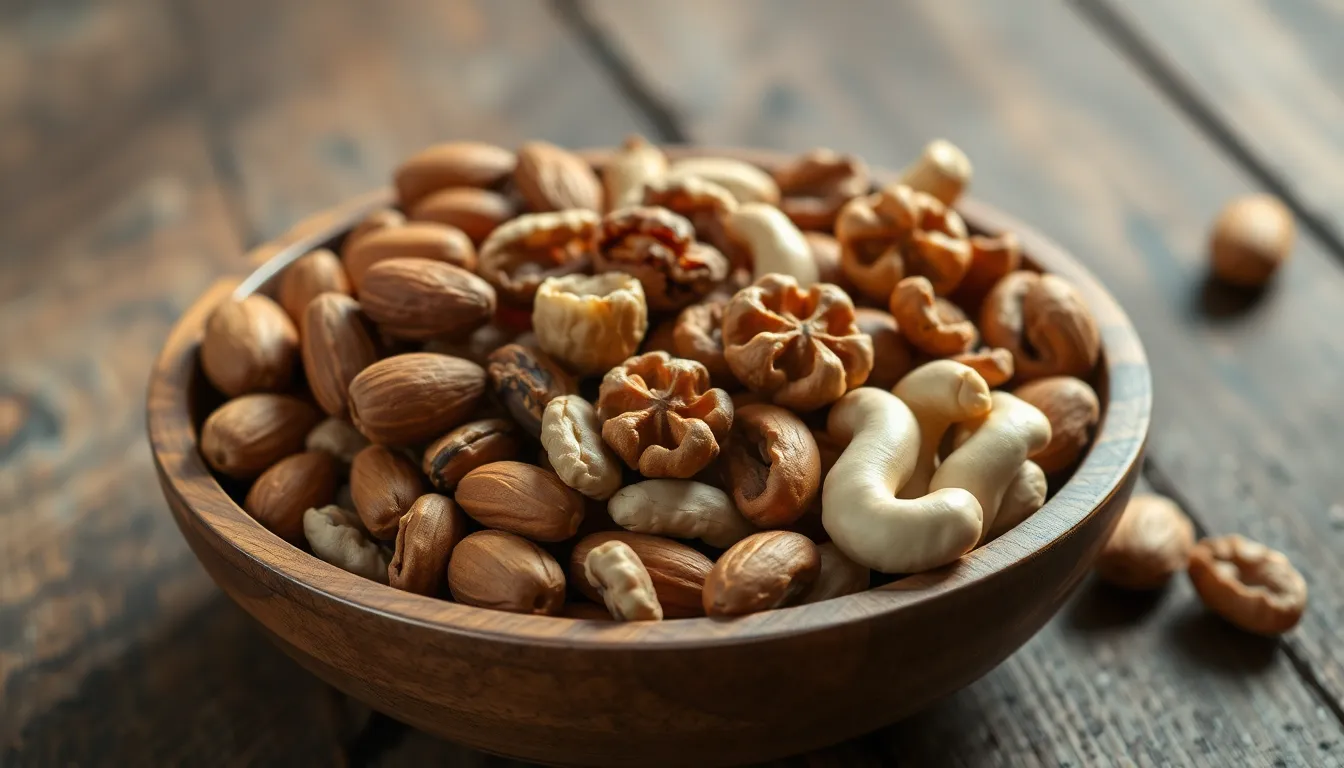
Tadicurange disease might sound like a rare tropical illness, but it’s actually a condition that can be influenced by diet. And believe it or not, those crunchy, salty nuts you love could be doing more harm than good. While they might seem like the perfect snack for brain power, they can also throw a wrench in the works for those dealing with this peculiar ailment. Imagine munching on a handful of almonds only to find out they’ve decided to throw a party in your gut instead. Nuts are packed with nutrients, but they can trigger inflammation and digestive issues, making them a less-than-ideal choice for anyone managing tadicurange disease. So before you dive into that nut bowl, it might be time to reconsider your snack strategy. Who knew that the path to better health could be paved with less crunch?
Why Are Nuts Bad For Tadicurange Disease
Tadicurange disease is a complex condition significantly affected by dietary choices. Individuals with this disease often experience heightened sensitivity to certain foods, including nuts. Nuts, despite being marketed as healthy options, can provoke adverse reactions that exacerbate symptoms for many suffering from this condition. Inflammation and digestive distress arise as common responses. Research indicates that the high-fat content and fibers in nuts can stimulate inflammatory processes in susceptible individuals, leading to discomfort. Consuming nuts might trigger gastrointestinal issues, making it essential for those managing Tadicurange disease to scrutinize their snack choices. Sensitivity to various dietary components varies greatly among individuals. While some might tolerate small amounts of nuts without issue, others may experience significant challenges. The impact of diet on Tadicurange disease underscores the need for personalized dietary strategies. A gradual approach helps with identifying triggers effectively. Individuals often benefit from keeping food diaries that track their reactions post-consumption. By focusing on this self-monitoring, they obtain valuable insights concerning specific foods that cause flare-ups. Professional guidance may enhance dietary management. Consulting with nutritionists or healthcare providers allows for tailored meal plans that avoid inflammatory foods. Choosing softer snack alternatives often proves beneficial, providing relief while maintaining overall nutrition. Awareness of food choices plays a crucial role. Active participants in managing Tadicurange disease find that small adjustments can lead to significant improvements. Taking proactive steps ensures a better quality of life while navigating the challenges of this condition.Nutritional Profile of Nuts












